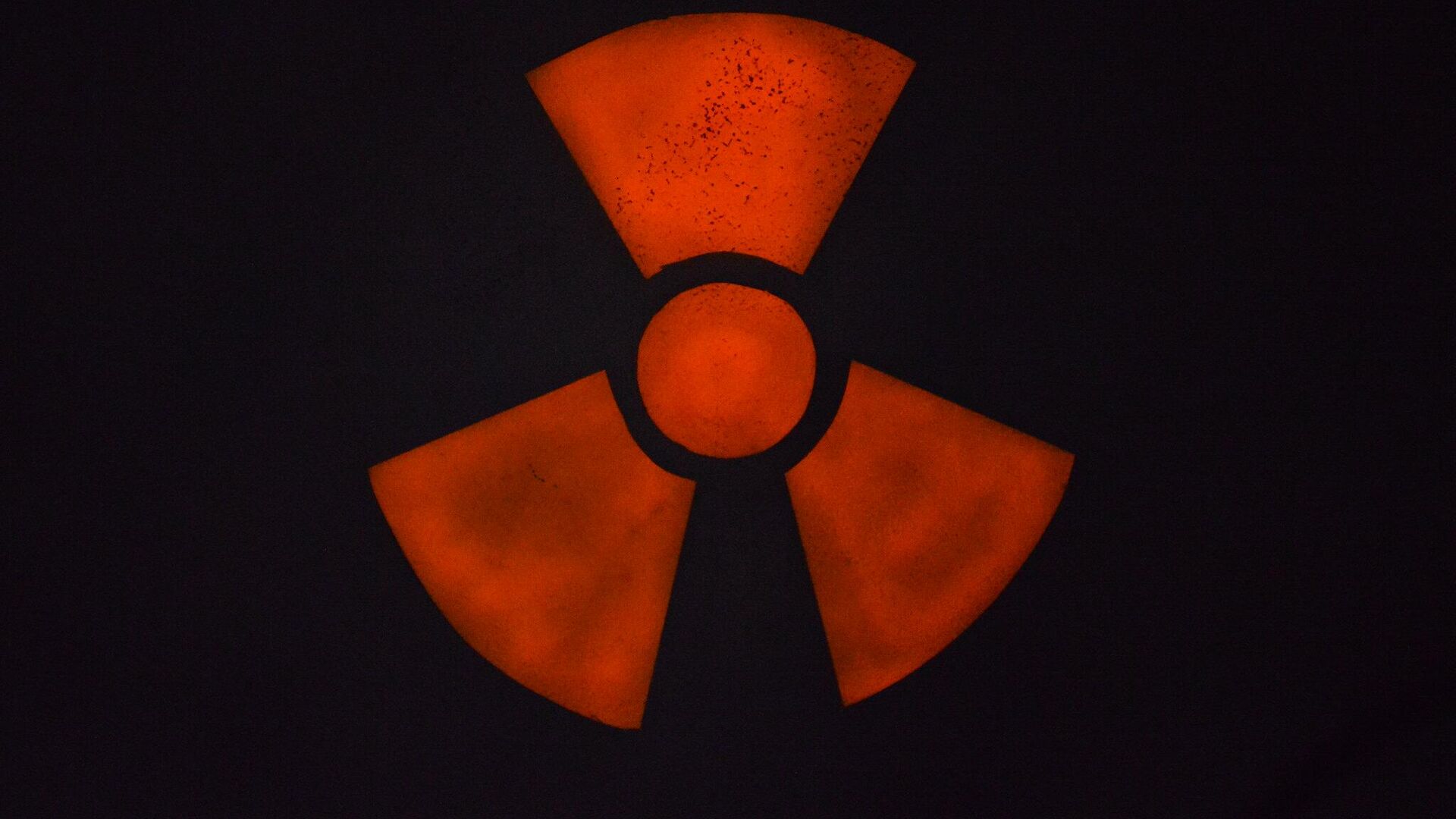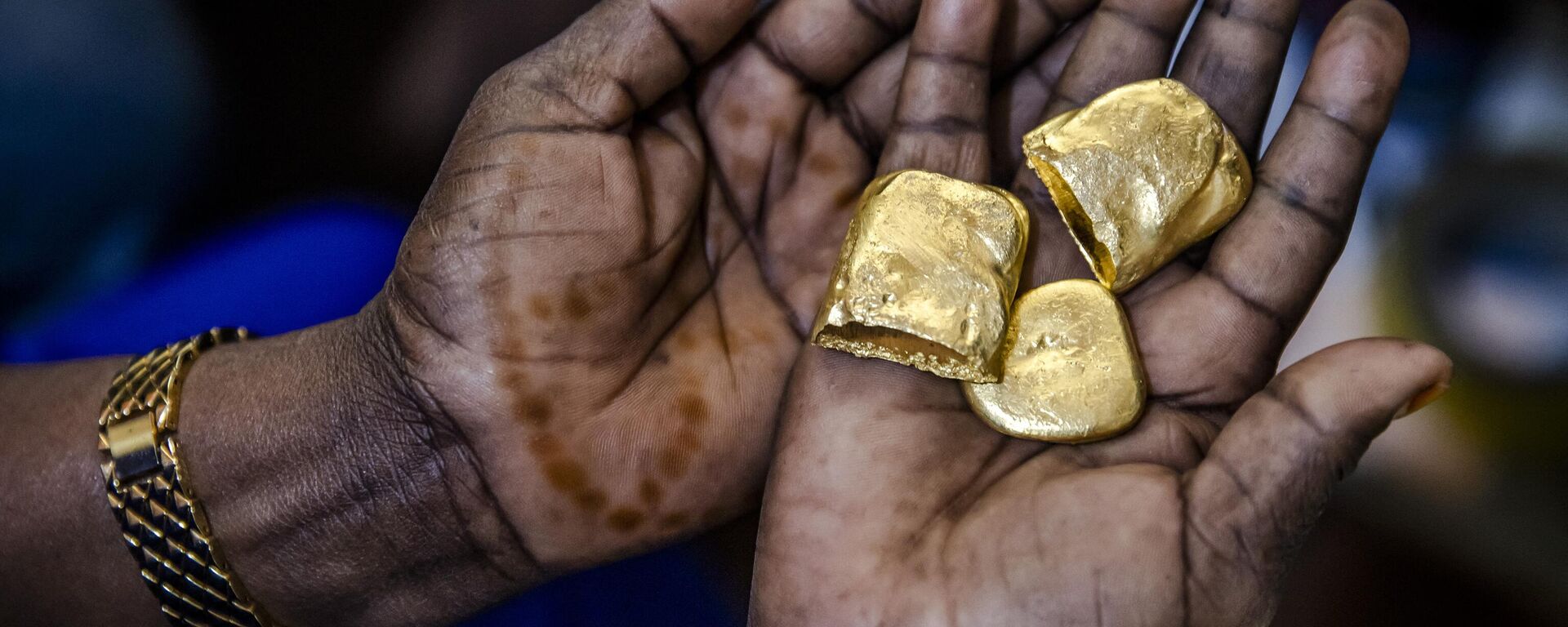https://en.sputniknews.africa/20230720/which-african-countries-could-benefit-from-uranium-demand-1060660141.html
Which African Countries Could Benefit From Uranium Demand?
Which African Countries Could Benefit From Uranium Demand?
Sputnik Africa
Earlier, the African Energy Chamber said it had signed a memorandum with the World Nuclear Association, a United Nations accredited organization, to promote... 20.07.2023, Sputnik Africa
2023-07-20T16:02+0200
2023-07-20T16:02+0200
2023-07-20T16:02+0200
mauritania
nuclear fuel
energy
north africa
south africa
southern africa
nigeria
west africa
malawi
features
https://cdn1.img.sputniknews.africa/img/07e7/07/14/1060661086_0:105:2048:1257_1920x0_80_0_0_736ee777fe37df85de2b0fbdb181a2f5.jpg
Nuclear energy is becoming increasingly relevant in the global energy sector and demand for it will grow over the rest of the decade, argued Ecofin Agency, which specializes in the African economy.Thus, uranium demand should reportedly rise by 27% between 2021 and 2030 and 38% between 2031 and 2040. The report, titled "African Uranium in the New Golden Age: Projects and Challenges," showed that the first three countries are among the top ten countries with the largest nuclear fuel reserves.Namibia and Niger are the continent's largest uranium producers and should remain so over the next few years.Malawi is attempting to restart the Kayelekera mine, which ceased operations in 2014 due to low prices. Meanwhile, Mauritania is looking to 2024 to commission the Tiris project, which is expected to produce 12.4 million pounds of uranium oxide over 15 years.Russian state nuclear corporation Rosatom will also contribute to Africa's efforts in this area.Rosatom told Sputnik that it plans to start mining uranium in Namibia in 2029 with an estimated investment of 500 million USD.
https://en.sputniknews.africa/20230526/from-gold-to-diamonds-africas-top-10-mineral-producing-nations-in-2022-1059501587.html
mauritania
north africa
south africa
southern africa
nigeria
west africa
malawi
Sputnik Africa
feedback@sputniknews.com
+74956456601
MIA „Rossiya Segodnya“
2023
Maxim Grishenkin
https://cdn1.img.sputniknews.africa/img/07e7/0a/17/1063018107_0:0:1104:1103_100x100_80_0_0_03090c85a11f5d2e8a19cf1d989443c9.jpg
Maxim Grishenkin
https://cdn1.img.sputniknews.africa/img/07e7/0a/17/1063018107_0:0:1104:1103_100x100_80_0_0_03090c85a11f5d2e8a19cf1d989443c9.jpg
News
en_EN
Sputnik Africa
feedback@sputniknews.com
+74956456601
MIA „Rossiya Segodnya“
Sputnik Africa
feedback@sputniknews.com
+74956456601
MIA „Rossiya Segodnya“
Maxim Grishenkin
https://cdn1.img.sputniknews.africa/img/07e7/0a/17/1063018107_0:0:1104:1103_100x100_80_0_0_03090c85a11f5d2e8a19cf1d989443c9.jpg
mauritania, nuclear fuel, energy, north africa, south africa, southern africa, nigeria, west africa, malawi
mauritania, nuclear fuel, energy, north africa, south africa, southern africa, nigeria, west africa, malawi
Which African Countries Could Benefit From Uranium Demand?
Earlier, the African Energy Chamber said it had signed a memorandum with the World Nuclear Association, a United Nations accredited organization, to promote sustainable nuclear energy on the African continent.
Nuclear energy is becoming increasingly relevant in the global energy sector and demand for it will grow over the rest of the decade, argued Ecofin Agency, which specializes in the African economy.
Thus, uranium demand should reportedly rise by 27% between 2021 and 2030 and 38% between 2031 and 2040.
In this respect, Namibia, Niger, South Africa, Malawi and Mauritania are the African countries with the best opportunities to capitalize on, according to Ecofin.
The report, titled "African Uranium in the New Golden Age: Projects and Challenges," showed that the first three countries are among the top ten countries with the largest nuclear fuel reserves.
Namibia and Niger are the continent's largest uranium producers and should remain so over the next few years.
Malawi is attempting to restart the Kayelekera mine, which ceased operations in 2014 due to low prices.
Meanwhile, Mauritania is looking to 2024 to commission the Tiris project, which is expected to produce 12.4 million pounds of uranium oxide over 15 years.
However, as a new golden age dawns for the African uranium sector, the Ecofin report indicated that all producers and future producers will need to bear in mind the issue of environmental impact of radioactive waste.
Russian state nuclear corporation Rosatom
will also contribute to Africa's efforts in this area.
Rosatom told Sputnik that it plans to start mining uranium in Namibia in 2029 with an estimated investment of 500 million USD.



